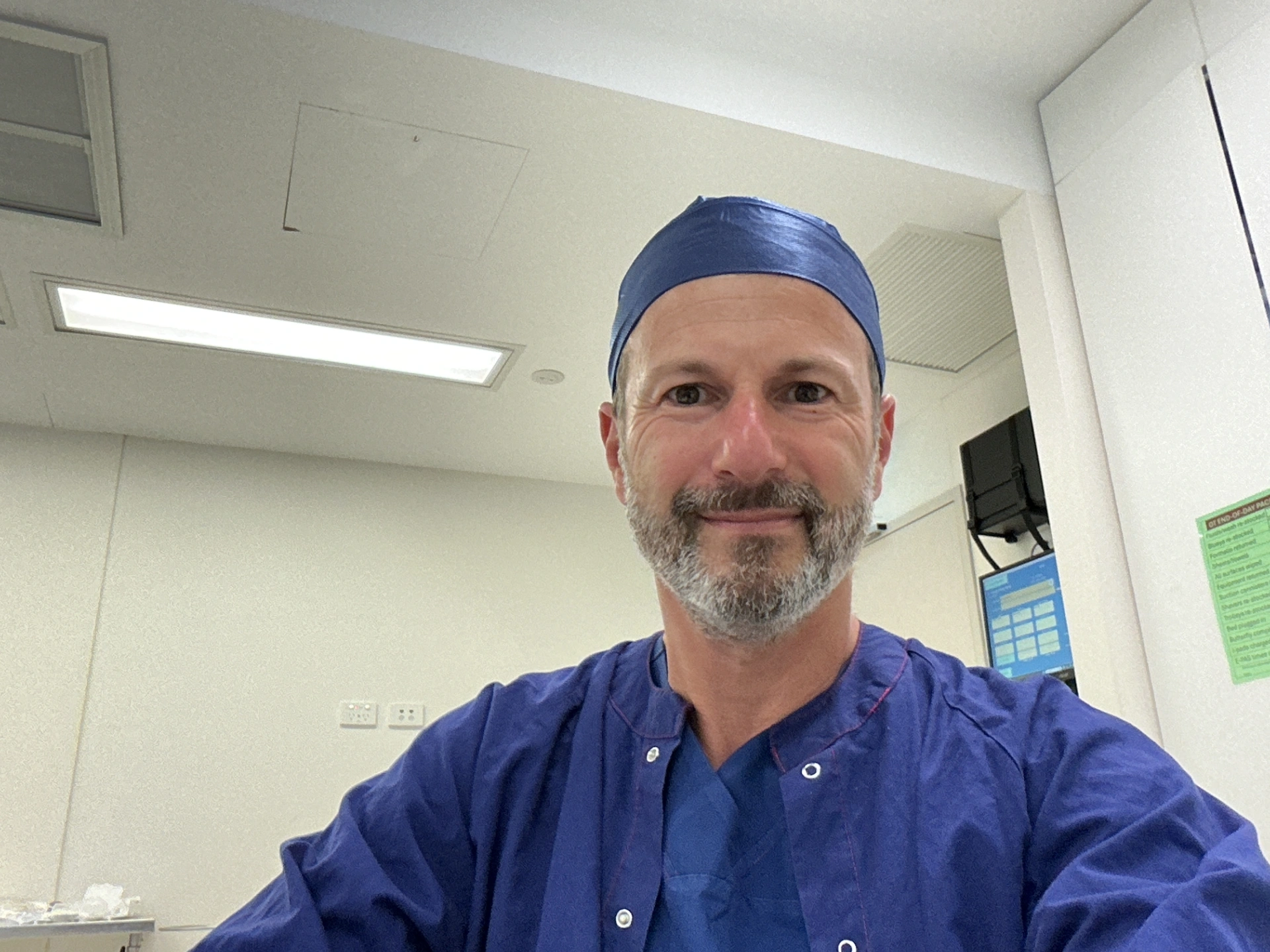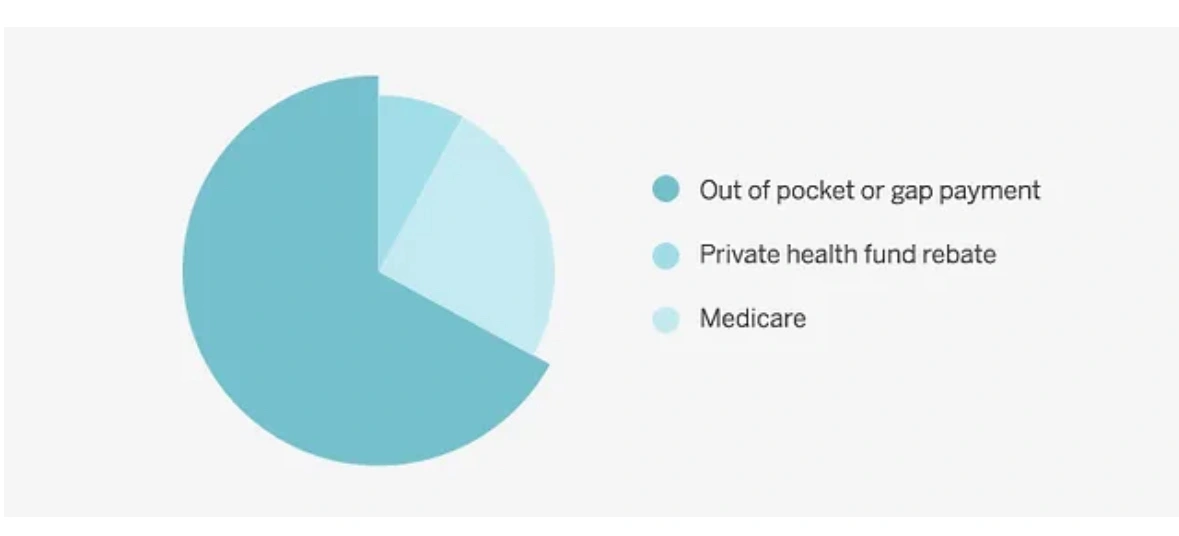
Dr ADAM PERCZUK
Specialist Anaesthetist
MBBS FANZCA
About Dr Adam Perczuk
Dr Adam Perczuk is a Specialist Anaesthetist with more than 10 years experience. He graduated medical school in 2002 and became an Anaesthetist (FANZCA) in 2011. He has been working in public and private practice since then.
He is a current Fellowship Examiner.
He is Supervisor of Training at Chris O’Brien Lifehouse.
Dr Perczuk has interests in orthopaedic, major abdominal, plastics and reconstructive surgery, as well as ultrasound guided regional anaesthesia.
He will keep you safe
Cost Information

An Anaesthetist is a specialist doctor who is keeping you alive while the surgeon is operating. This involves constant monitoring, ensuring you are asleep, that you are breathing well and that your heart is pumping properly, and that you wake as comfortable as possible.
The Anaesthetist’s fee is separate from the surgeon’s fee and the hospital fee.
Part of this will be reimbursed by Medicare and your health fund.
Unfortunately neither of these have come close to keeping up with CPI.
Your fee is calculated based on the complexity of your surgery, and the time taken.
You will be sent an indicative quote prior to surgery
Frequently Asked Questions
Yes. But you are able to have clear fluids (water, apple juice, most sports drinks, even tea or coffee without milk) until the time you come into hospital. It’s good to stay hydrated. You can have solid food (or non-clear fluids) up until 6 hours prior to your surgery. The reason for fasting is to prevent food getting in your lungs which could cause pneumonia. If you are on Ozempic oer a similar medication you may need to fast for longer so please reach out to us.
Most regular medications should be taken right up until surgery. You can have your morning medications on the day of surgery with clear fluids.
Exceptions may be:
Blood thinners; Check with the surgeons rooms in the first instance or reach out to us
Diabetic medications: Don’t take them on the day of surgery. Some with the generic suffix “flozin” need to be stopped 2 days prior
Any queries, reach out to us at info@dradam.com.au
Anaesthesia comes from the Greek word meaning “without sensation”. It is a state where you will have no sensation or pain.
There are different types:
General: A state of controlled unconsciousness in which the anaesthetist will monitor your condition closely and adjust whatever is necessary to keep you safe and asleep until it is time to wake up
Sedation: Medication is administered to make you feel relaxed and drowsy. You may be aware of your surroundings depending on the level
Regional: Local anaesthetic is used to block nerves that supply the part of the body where the surgeon will operate. Some examples are spinal/epidural for knee surgery
Local: Local anaesthetic is injected under the skin to cause numbness in a small are
Australia is the safest place in the world to have an anaesthetic.
Side effects and complications can still occur.
More common things include: nausea and vomiting, sore throat, potential minor damage to lips/ tongue/teeth/throat
Rare things include: allergic reaction, hear attack, stroke, nerve damage